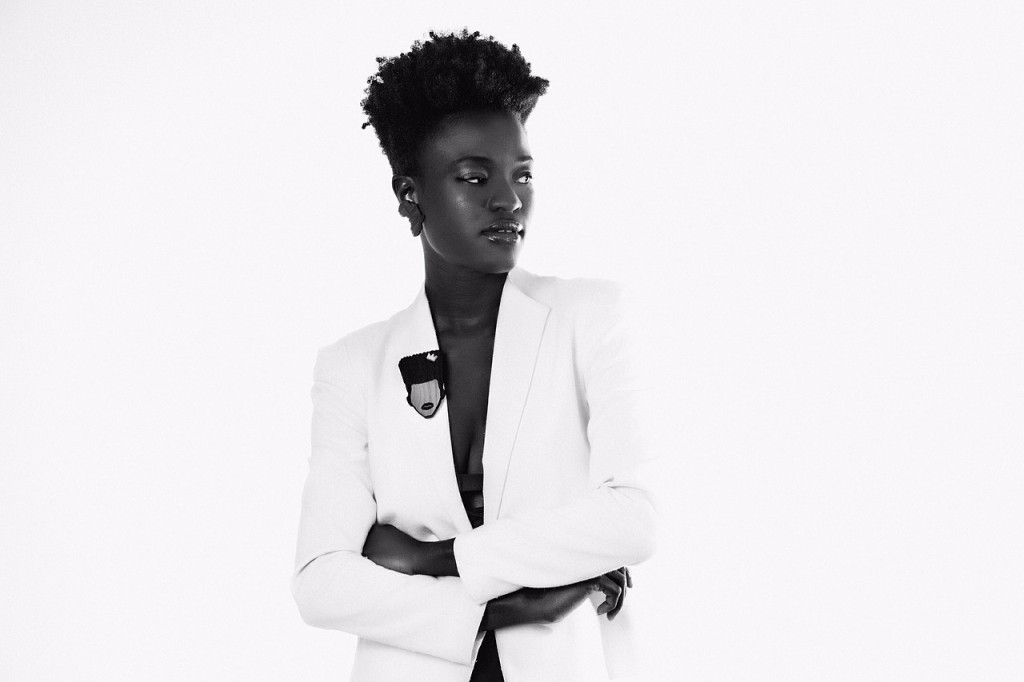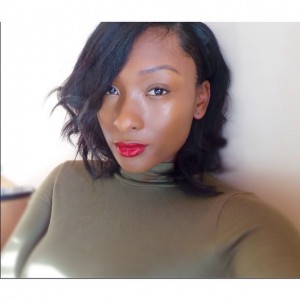
Often used to punctuate a poorly executed joke, the phrase - “I am a strong, Black, independent woman who don’t need no man” is heavily embedded in our ‘it’s just a joke – relax’ 21st century culture. A joke to many people, yes. To the anti-PC crusaders, a ROTFL kind of joke. To others, a compliment. Yes it is true, for many Black women, being strong and independent is a major check point in life. Our mothers told us not to depend on anyone, to forge our own paths. It wasn’t enough to be good. We had to be exceptional because we had been handed life’s double edged sword, being born female and being born Black. And we do embrace this strength. We look to the Michelle’s, the Oprah’s and the Beyoncé’s of this world, adorn ourselves with our swords, and show, and prove.
So, you can take it as a joke, you can take it as a compliment, but for many, it’s yet another pigeon hole. Another one that we can do without. Within print media, Hazell and Clarke’s (2007) study has shown that Black women are routinely presented as the “authoritative”, “dominant” and “overly expressive” antithesis to the more “ideal” White woman. What’s shocking is that these results were found in magazines oriented towards Black consumers. Similarly, in his Spring 2014 Womenswear show, Rick Owens answered numerous calls for more diversity in fashion by featuring a Step team, made up mostly of Black women. A move met with mainstream praise and a few sceptical eyebrows raised. While Stepping (originating in African American culture) is a faced-paced dance style made up of precise and powerful moves, one of Owens’ performers, Arin Lawrence, claimed that the dancers’ “angry”, “grit faces” were forced upon them by show producers.
At least Black women are being featured on a global platform, I hear some of you say. Well, psychological research confirms this widely-known crooked aspect of fashion, that being, if you’re a Black model, you have to jump through hoops. You have to jump through the hoops within those hoops. Jobs are already slim pickings and when you are hired, as Wissinger’s (2012) study states, you are held to a “stricter aesthetic standard”. And God forbid if you look “Black Black” and not just Black (full stop). But, like all women, Black women are complex human beings. Our personalities are as diverse as the shades of brown that we come in. So the monotonous fierce, forceful and aggressive portrayal of Black women seems as frivolous as trying to fit 12 different shapes into one square hole.
Like many, I am calling for more racial diversity in Fashion. But to feature us in one narrow way does not support diversity. We are not this one thing, we are all things and all things beautiful.
***
 |
Shakaila Forbes-Bell Contributor Shakaila Forbes-Bell is a Masters student studying Psychology for Fashion Professionals at London College of Fashion. On her blog fashionpsychology.weebly.com, she writes about the ways psychology and fashion intertwine. She is passionate about issues affecting ethnic minorities and women alike. Her research currently takes a Consumer Psychology approach to the effect of the presence of ethnic minority models in fashion marketing. Twitter: @ShakailaFB |

